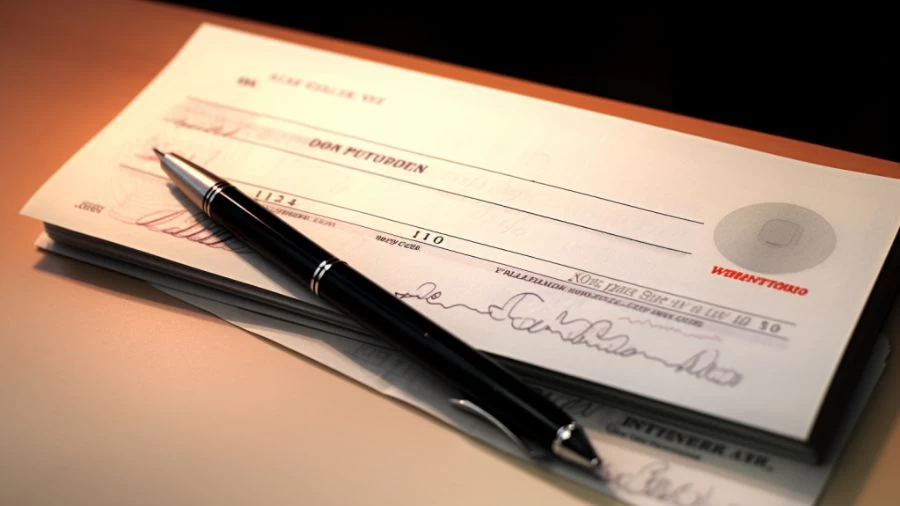
List Six Reasons Why a Bank May Dishonor a Check
A bank may dishonor a check due to alterations, mismatched signatures or amounts, post-dating, stop payment instructions, or insufficient funds.
by Sai V
Published Oct 27, 2023 | Updated Oct 27, 2023 | 📖 1 min read
List Six Reasons Why a Bank May Dishonor a Check
Here are six simple steps outlining reasons why a bank may dishonor a check:
- If the check shows signs of tampering or alterations, the bank may refuse to honor it.
- If the signature on the check doesn't match the one on record, the bank might reject the transaction.
- If the written amount and the numerical amount on the check don't match, the bank may not accept it.
- Banks can refuse to cash a check if it's dated for a future date and presented earlier than that date.
- If the issuer instructs the bank to stop payment on the check before it's cashed, the bank won't honor it.
- When the issuer's account lacks enough funds to cover the check amount, the check will bounce, and the bank won't process it.
What is a Check?
A check is a signed document directing a bank to pay a specific sum of money to the bearer or payee. It includes essential details like the date, payee information, and the amount to be transferred from the payer's account. Checks enable secure fund transfers and come in various types to meet specific transaction requirements.




